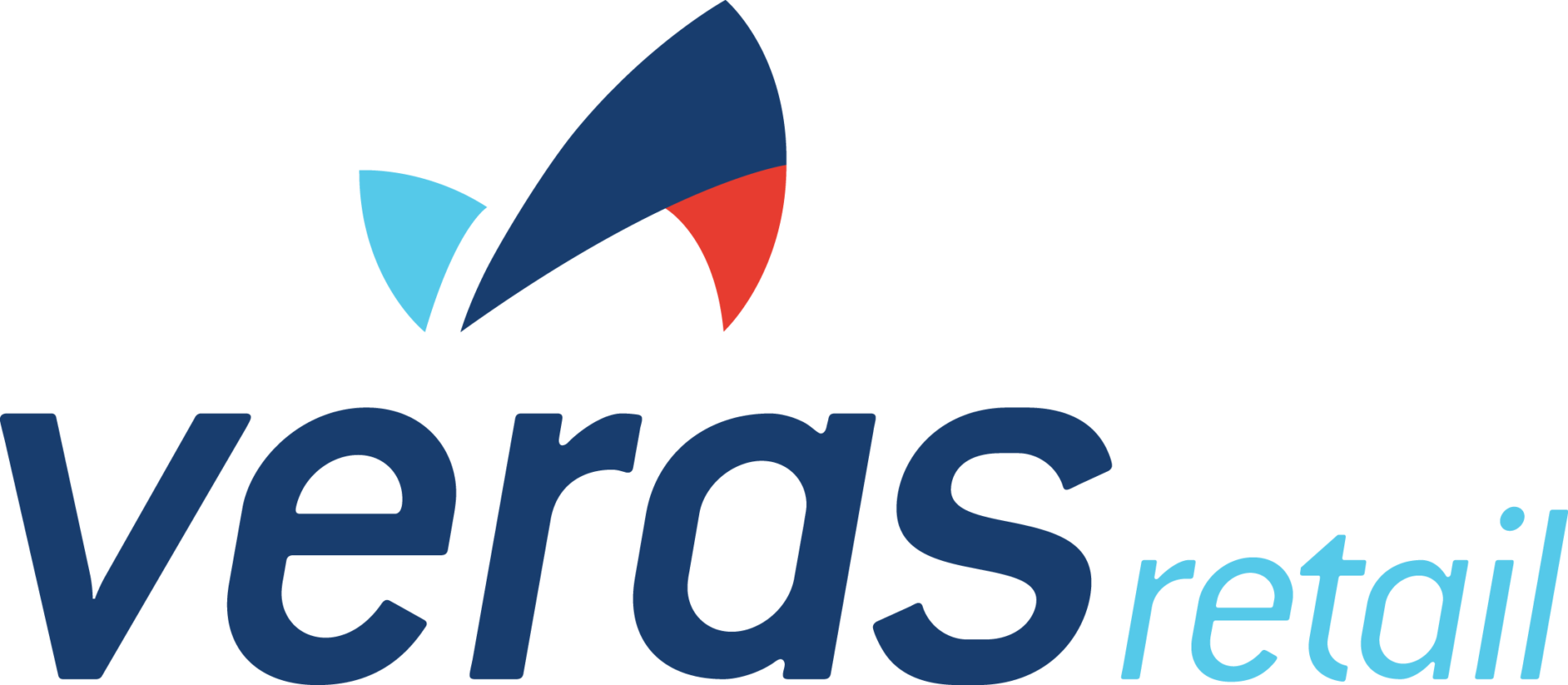According to the IHL research study “Inventory Distortion—The Good, The Bad, The Ugly,” between 2023 and 2024, 81% of global shoppers encountered empty shelves, and retailers worldwide lost over US$1.77 trillion due to ineffective stock management.
These staggering figures underscore a grave reality: poor inventory management is a global issue plaguing retailers of every size. If your retail business still relies on manually managed spreadsheets, or worse, guesswork, to track stocks, it is time for a serious upgrade.
Inventory management software is no longer optional but vital for real-time visibility and granular control over inventory. Below, we highlight its essential benefits in the current competitive retail sphere and how it helps retailers streamline operations and improve customer satisfaction.
What is Retail Inventory Management?
Retail inventory management is the fundamental process of meticulously tracking and strategically controlling your stock. For any retail business, this involves managing the quantity of merchandise on hand, associated costs, and their location within the supply chain.
Effective inventory management is a crucial component of the overall supply chain. It guarantees that the right amount of product is available when and where customers demand it. This encompasses the entire flow of goods, from the initial ordering phase through storage and distribution to the point of sale and eventual restocking.
Crucially, it is about finding the sweet spot: holding sufficient retail inventory to satisfy customer needs while diligently minimizing expenses related to unsold stock. Modern inventory management software is a must for achieving this balance.
Why is Inventory Management for Business So Important?
Robust inventory management is vital for any retail chain aspiring to long-term success. It ensures that enough product is readily available to capitalize on every potential sale. This proactive approach to optimizing stock levels also reduces unnecessary holding costs and minimizes losses due to spoilage or obsolescence.
When integrated with inventory management software, these practices give businesses the valuable insights needed for better decision-making and streamlining operations. After all, sound inventory management for business reduces instances of stockouts, enables faster replenishment, and ultimately leads to improved customer satisfaction!
The Limitations of Inventory Management
While inventory management offers significant advantages to a retail business, it is also essential to acknowledge its inherent limitations, mainly when relying on outdated methods. Even with diligent effort, manual inventory management for businesses using spreadsheets often falls short.
The most common limitation is inconsistent tracking. Spreadsheets are prone to errors, lack real-time upgrades, and are incredibly time-consuming to maintain accurately. This leads to incomplete data, where a business lacks a clear, up-to-the-minute view of its stock.
Manually adapting to changing demand in a dynamic market is also incredibly difficult. Predicting customer needs and adjusting orders based on spreadsheets alone is often too slow and inaccurate, resulting in either overstock or stockouts and, most notably, frustrated customers.
Such challenges only further strengthen the need for a robust, technology-driven solution. Upgrading to modern inventory management software, such as Veras Omniview, is the solution to addressing these limitations, as it provides a reliable framework for managing stocks in any retail chain.
Inventory Management Software – Request a Veras Omniview Demo Now.
9 Key Benefits of Retail Inventory Management Software
Inventory management software (IMS) offers a wealth of advantages that contribute to the success of any retail chain. Below are some key benefits:
- Accurate Inventory Tracking: Gain precise, real-time visibility into your stock levels. Know exactly what you have and what needs reordering, and identify slow-moving items to optimize inventory for your business.
- Expand Selling Channels: Modern inventory management software seamlessly manages inventory across multiple channels, including online stores, physical locations, and more. Retailers can leverage existing stock for omnichannel growth without fear of stockouts.
- More Precise Reordering: With data-driven insights, accurately predict seasonal demand fluctuations and optimize your ordering process. With a robust inventory management system, retailers can reorder quickly, maintain optimal stock levels throughout the year, and prevent stockouts and costly overstocking.
- Eliminate Overselling: With synchronized inventory data across all sales platforms, you eliminate frustrating overselling issues that damage your brand and lose sales.
- Enhance Customer Service: Consistently having items in stock ensures customer satisfaction. Today’s IMS can accurately predict stock arrivals and suggest alternatives when needed, improving customers’ shopping experiences.
- Boost Employee Productivity: Automate routine tasks to free up staff for higher-value activities. Your team can then focus on making strategic decisions more quickly rather than manual data entry.
- Better Expense Tracking: Gain detailed insights into inventory-related expenses, such as storage, transportation, or distribution costs, within your retail organization.
- Reduce Deadstock: Minimize losses from obsolete or slow-moving inventory. Inventory management software can help your business maintain appropriate stock levels and avoid accumulating unsaleable goods.
- Improve Supply Chain KPIs: Optimize key performance indicators throughout your supply chain. With an advanced IMS like Omniview, you can manage supplier relationships, reduce back orders, and improve your retail store’s overall supply chain efficiency.
Manage Inventory Easily with Veras Omniview
In this day and age, effective inventory management is the bedrock of a thriving retail business, and manual methods simply cannot compete. The good news is that adopting modern inventory management software can easily overcome the limitations of traditional methods, as it ensures accurate tracking, reduces overselling, and optimizes reordering processes.
With Veras Omniview, managing your retail inventory becomes streamlined and insightful. It empowers you to maintain optimal stock, reduce losses, and elevate customer service across the digital and physical sales floor.
FAQs
1. Should a retail business choose cloud-based or on-premise inventory management software?
Cloud-based solutions offer accessibility, automatic updates, and lower upfront costs. On-premise software provides more control over data and customization but requires more IT infrastructure. However, the cloud is generally favored for its flexibility and ease of use for most modern retail businesses.
2. What are the most critical Key Performance Indicators (KPIs) for effective retail inventory management?
Crucial metrics include inventory turnover (sales speed), shrinkage (losses), sell-through rate (percentage sold), forecast accuracy (demand prediction), and days on hand (stock duration). Monitoring these KPIs helps retailers track inventory health and improve efficiency.
3. What kind of support does Veras Retail provide to help retailers master inventory management?
We offer various support and training resources, including online documentation, video tutorials, and support channels. We also provide on-site training for larger retail chains. Choose Veras Retail to ensure smooth onboarding and ongoing assistance!
4. Why is real-time inventory data necessary, and how does Omniview provide it?
Real-time visibility is crucial. According to Zebra’s 2017 Retail Vision Study, 72% of retailers plan to rethink their supply chains with it. Unlike batch updates in many ERP systems, Veras Omnview offers instant inventory visibility at every level—from warehouse to shelf. Store associates get up-to-the-minute stock information for accurate BOPIS and save-the-sale actions.




